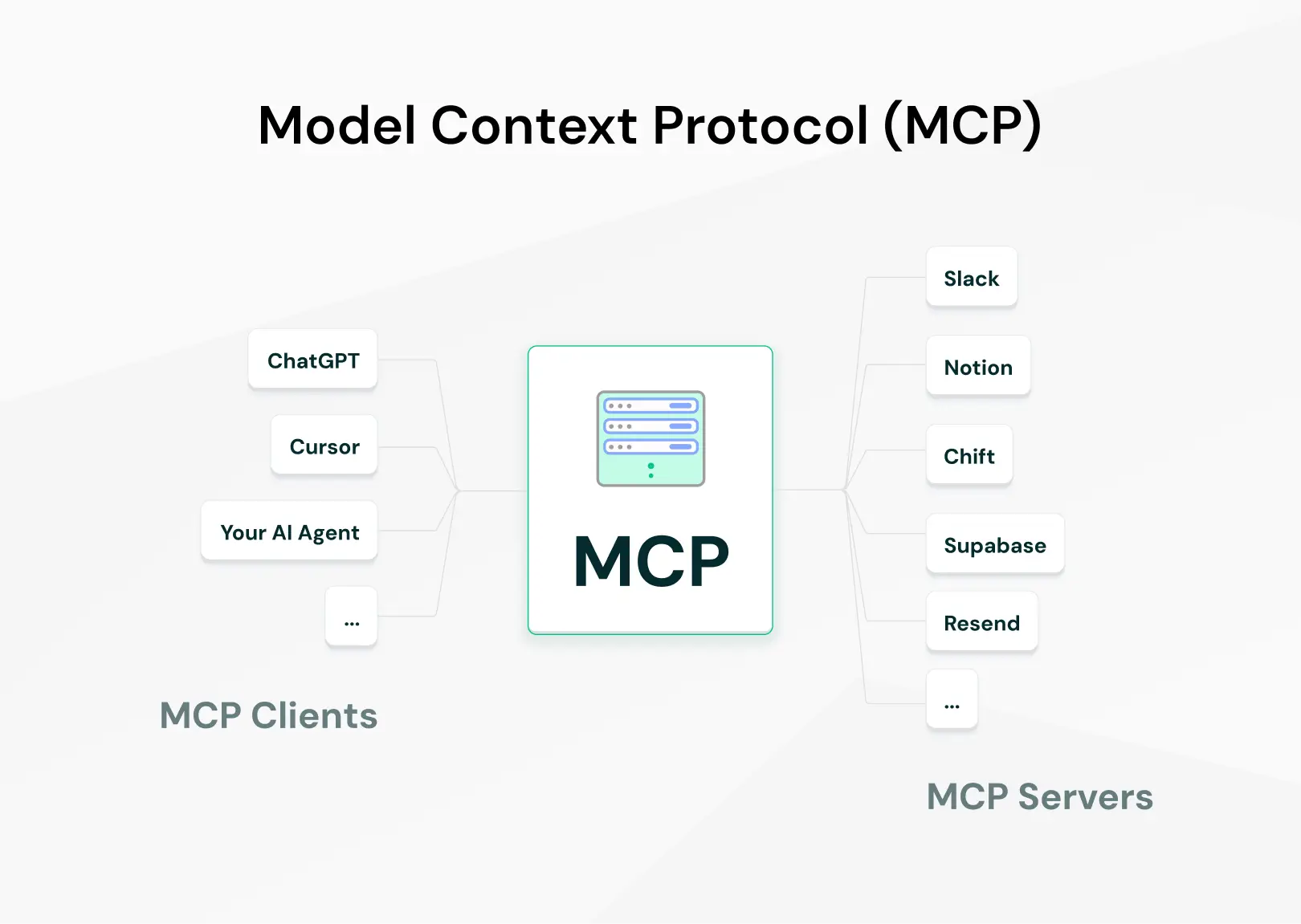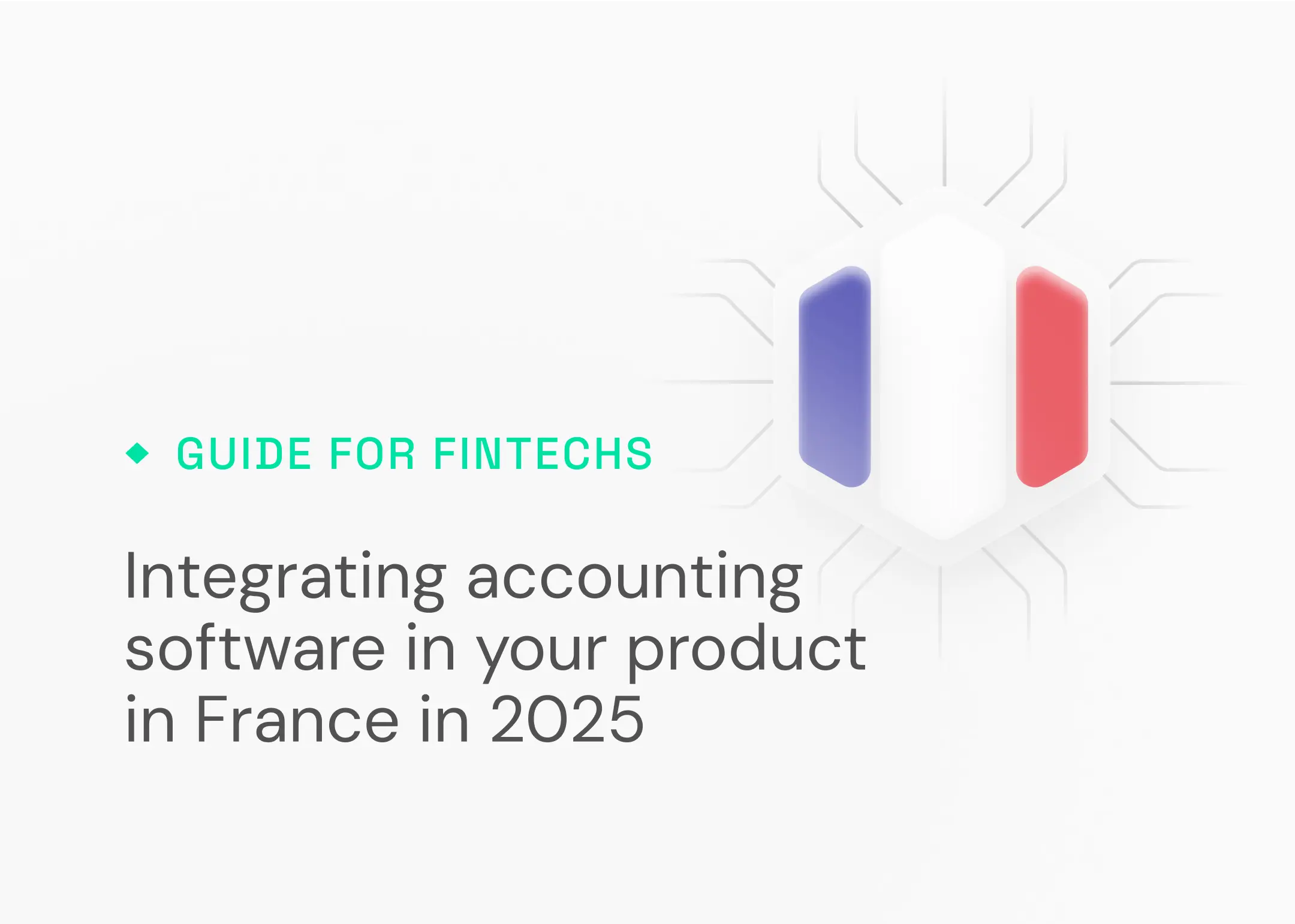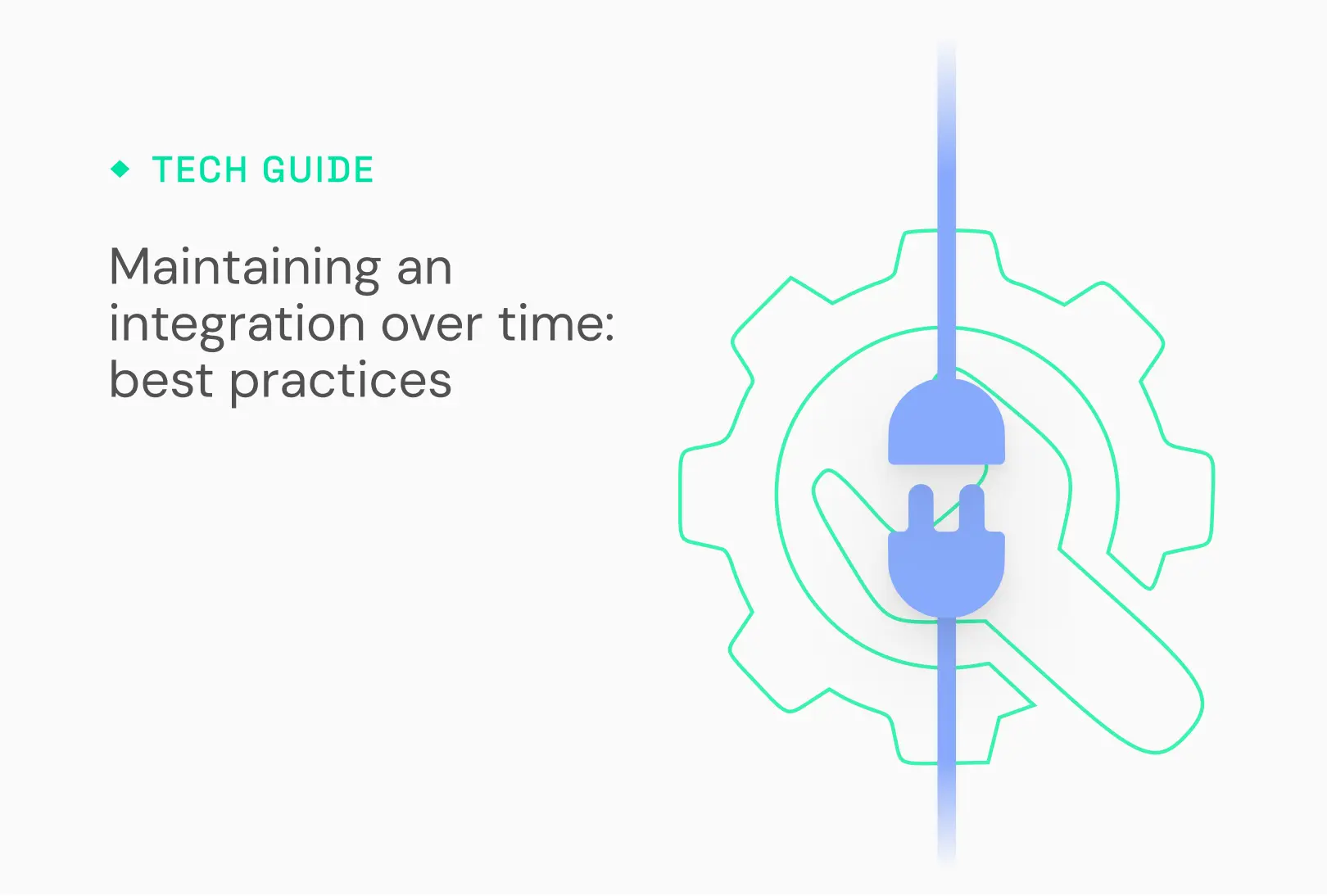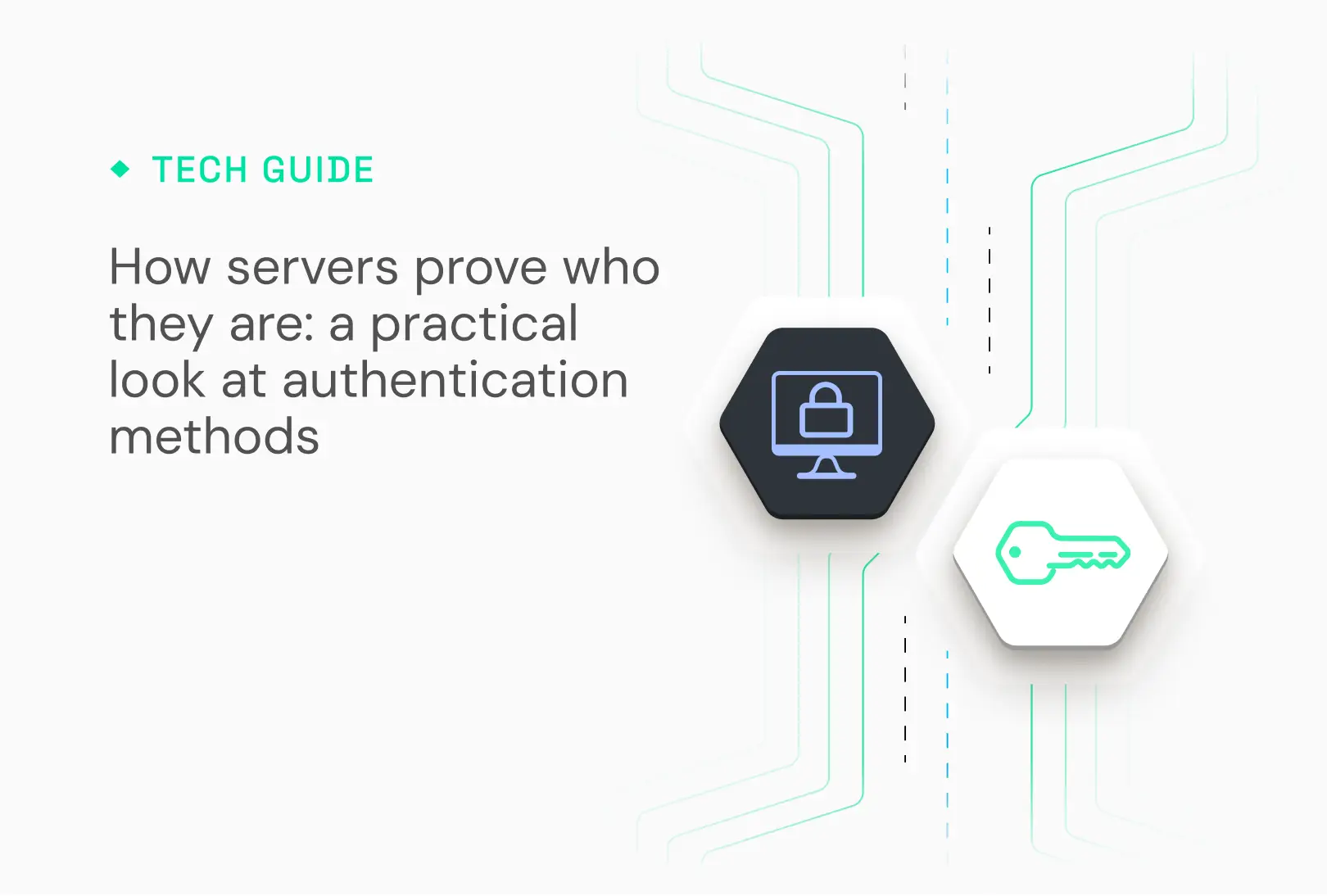Leading fintech lender
Defacto is a Paris-based B2B fintech lender providing instant, pay-as-you-go financing to cover stock, marketing, and B2B receivables for SMEs. Integrations play a fundamental role in their products and growth strategy. We sat down with Mathieu Galvani, Revenue Lead at Defacto, to talk about their business, use of integrations, and experience working with Chift.
After working with Morgan O’hana (Defacto co-founder) at Spendesk, Mathieu joined Defacto a year after the embedded platform was built to accelerate customer acquisition. About his role:
"I handle all aspects of acquiring new clients at Defacto. This involves managing our network of partners, both technological and referral, who ultimately drive 50% of our new business."
In less than three years, Defacto has lent almost 500 million euros to over 10,000 SMEs in France, Belgium, the Netherlands, Spain, and Germany.
Why do companies use Defacto?
Virtually all companies have working capital needs, especially those with a large need for stock purchases: retail, industrial companies, etc. For them, working capital is a real growth driver. But the list extends to many service-based businesses with long payment delays: communication agencies, web marketing, video game creation companies.
As an SME, there are plenty of ways to finance your medium- or long-term needs with traditional financiers. However, when it comes to short-term financing for day-to-day operations, the traditional actors are not adapted to SME needs, with too much back and forth and inflexible terms that don’t solve payment delays and working capital issues.
Defacto addresses this need by offering a digital lending experience where clients onboard autonomously and receive their financing eligibility in under thirty seconds. With simple, transparent terms, clients have full control to use only the financing they need to defer payments of supplier invoices and/or accelerate their collection of client receivables.
Clients access Defacto’s financing in two ways: either through direct distribution with their financing API (with a built-in dashboard) or through partners:
"We also provide this API to partners such as Pennylane, Libeo, and Axonaut. So they have a working capital financing feature embedded in their product flow that they distribute to their clients."
Integrations as a growth lever
In order to automate onboarding and offer eligibility, Defacto’s algorithm leverages as much data as possible. This data is not readily available, and this is where Chift adds huge value to Defacto.
"Integrations are essential for us because they allow access to our clients' financial data sources, enabling real-time solvency assessments. Unlike traditional players, who rely on manual processes involving documents such as tax returns and business plans, we streamline operations. We extract raw data, standardize it, and input it into our scoring algorithm to deliver instant assessments. Therefore, to effectively serve a broad market segment, it is crucial to integrate with as many systems as possible, including open banking, invoicing, accounting, and commerce tools. The greater the variety of tools that generate or store financial data, the more comprehensive our service can be."
By providing additional tool integrations, Chift directly increases Defacto’s addressable market size and becomes a strong growth lever.
But if this data is so important, why not handle integrations internally? This is what Defacto initially thought:
"In early 2023, we tested aggregators on open banking. It didn't work out well because the poor quality of the data output required a lot of standardization work from us. We weren't receiving the data quickly enough, which meant that the onboarding processes were too lengthy compared to what we wanted to offer. So at that point, we stopped and thought that integration is so important for us that we need to build them ourselves to ensure we have control over the experience."
They quickly discovered that properly developing and managing integrations requires specialized skills that would divert them from their core product:
"Firstly, prioritizing is tough. If we're doing an integration, we're not doing something else. Is it worth it? Is it worth doing it now?
Next, on the technical side, authentication is a significant challenge, and we need to minimize this friction as much as possible."
About integration performance:
"How long will it take for us to receive the data? How meaningful and usable is the data format we retrieve from our client's integration? Is it easily reusable, and can it be seamlessly reinjected into our standardization algorithm?"
And lastly, maintenance would consume too much dev time:
"This is a real challenge because if there's a breaking change every month, we have to go back to it, and it's us who are impacted, meaning our engineers have to spend time on it."
The shift to Chift
Realizing that managing integrations in-house would not be efficient, Defacto looked for another solution:
"We then talked to Pennylane and Libeo, who told me they use Chift and are delighted with it. So at that point, we said, let's test Chift."
After getting in touch with our team, Defacto could rapidly onboard our unified APIs. Chift’s unified APIs allow companies to connect to a range of industry-specific tools with a single connection:
"Overall, the pre-integration experience was excellent, super smooth, super fast, and the integration experience was very simple, and we were extremely well supported with great responsiveness. (…) Today, we have integrated the Accounting API and the Invoicing API."
Like most things, the value of integrations increases if you put some effort into them:
"It's not just a matter of connecting and then everything runs smoothly. I think it's important to be very aware that it's a project on your end that requires technical input. Making good use of it, giving it meaning, remains our job as clients."
With many SMEs still transitioning from legacy tools to modern accounting and invoicing solutions, the market for Defacto is still growing fast, and they can count on Chift to support their growth. We look forward to expanding this partnership over time.
Thinking about expending through integrations? Book a Demo with our team!







.avif)












